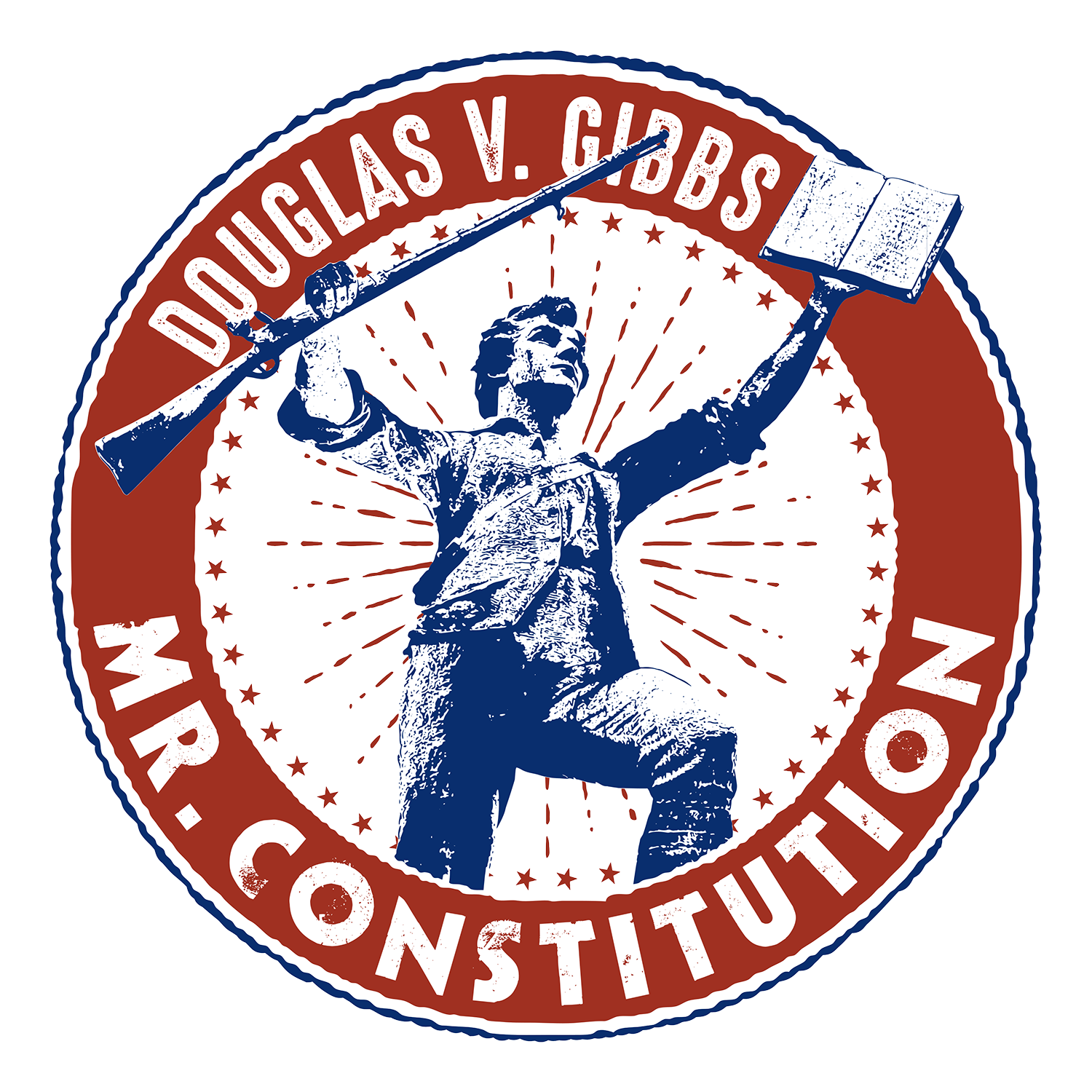by Douglas V. Gibbs
Democracy in America
By
Alexis de Tocqueville
Originally Published: February 1832
Based on Tocqueville’s visit to the
United States from France in 1831
The
exceptionalism of the United States was a debated topic in Europe.
While
many in Europe argued the concept of self-governance and the “consent of the
governed” was a recipe for disaster for any system, since everyone knew that
the only way order may be maintained was under the rule of a powerful, wealthy,
and wise elite (for the common good), America had taken a step towards an even
greater disaster; democracy. Tocqueville
and his contemporaries knew that democracy’s history was that of violence,
collapse, and societal suicide. In
America, with the rise of Andrew Jackson to the presidency, the republic that
America had been founded upon was being whittled away at towards a goal of
establishing democracy. While visiting
America to study the country’s world renowned penal system, Tocqueville observed
that democracy’s dangerous characteristics had not toppled the American
System. While some parts of the republic
remained, the United States was still flourishing despite the injection of
democracy into parts of its system.
Tocqueville, in his book, observes that the American Experiment was
continuing to thrive, despite political tampering with its system, because of
the culture. America is great because it
is good. Its strength is in its
churches. As long as America remains a
virtuous society, even democracy won’t be able to topple its exceptionalism.
— Political Pistachio Conservative News and Commentary

